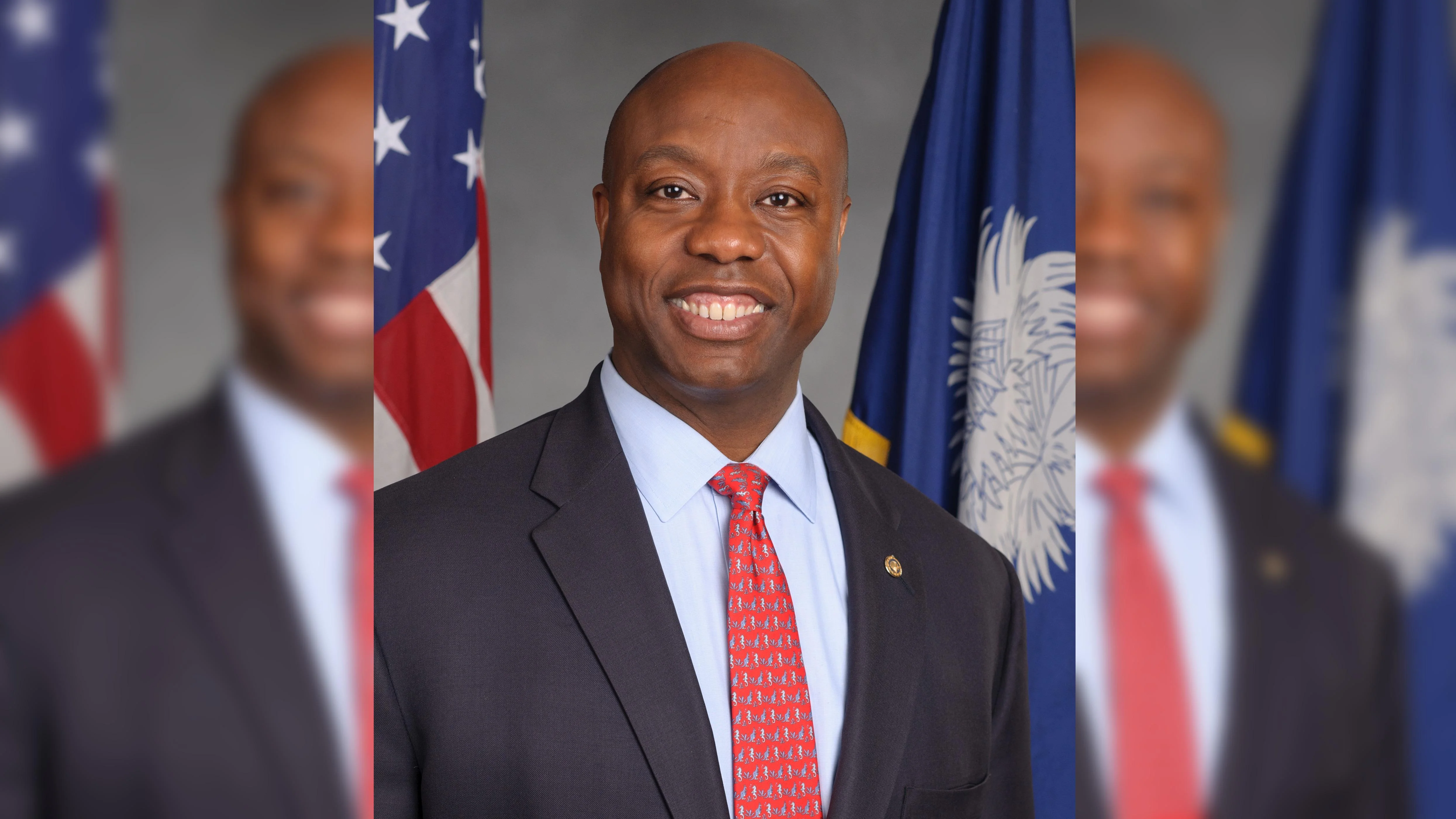President Trump has signed into law a resolution led by Chairman Tim Scott to overturn a rule set by the Biden-era Consumer Financial Protection Bureau (CFPB) regarding overdraft fees. The original CFPB rule aimed to impose price controls on these fees, which, according to Scott, would have restricted access to credit and essential financial services for many Americans.
Chairman Scott stated, "The Biden administration’s ill-conceived rule imposing new price controls on overdraft services provided by banks and credit unions harmed the very consumers the CFPB is supposed to protect. The rule would have reduced access to credit and important financial services and resulted in more unbanked Americans. That’s why I led the effort in Congress to overturn the rule, and I’m grateful for President Trump’s support to eliminate this misguided rule once and for all."
Scott's opposition began with a letter sent on November 17, 2024, urging a halt in rulemaking activities by financial regulators under the Biden administration. This was followed by criticism at a committee hearing in December 2024 against CFPB Director Rohit Chopra for continuing with an aggressive agenda despite Scott's requests.
In February 2025, Scott introduced Congressional Review Act resolutions alongside House Financial Services Committee Chairman French Hill to counteract the CFPB's decision. The initiative garnered support from several banking associations including the Consumer Bankers Association and America's Credit Unions.
The Senate approved Scott's resolution on March 27, 2025, with Scott highlighting potential negative impacts such as increased numbers of unbanked Americans if the rule were implemented. The House followed suit on April 9, 2025.
An editorial from The Wall Street Journal cited Senator Scott referencing a study from the Federal Reserve Bank of New York indicating that such caps could hinder financial inclusion as banks might reduce overdraft coverage or increase other fees.








